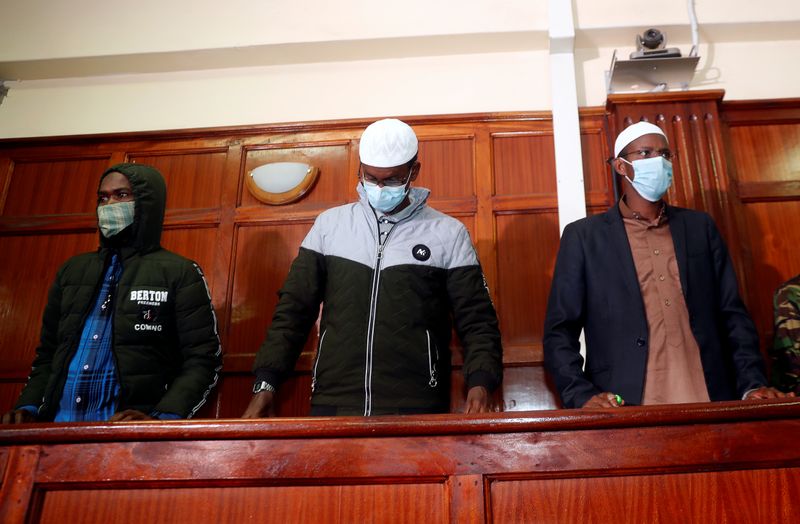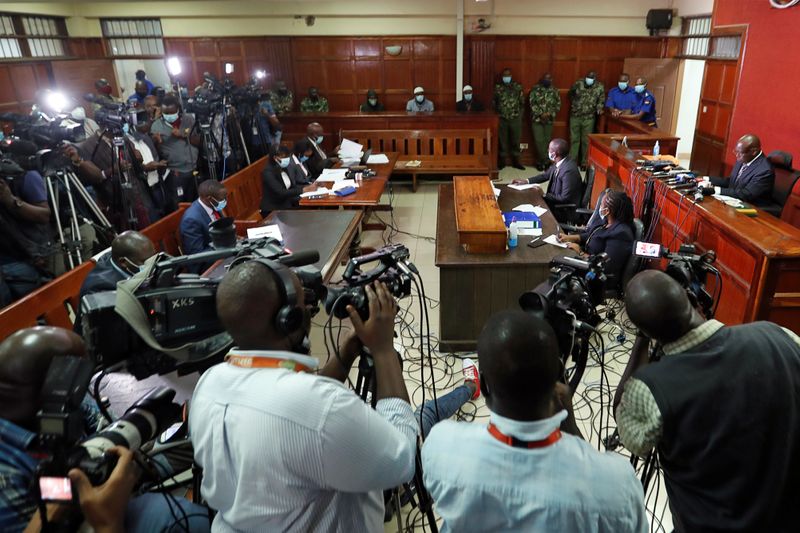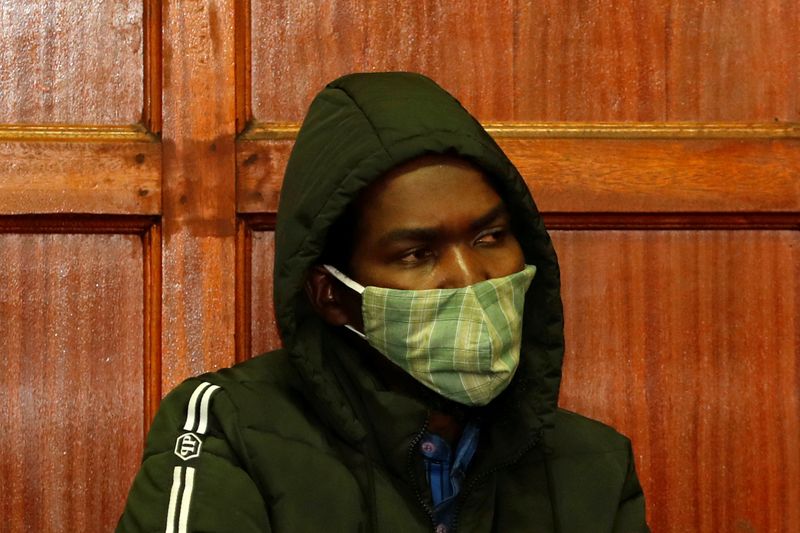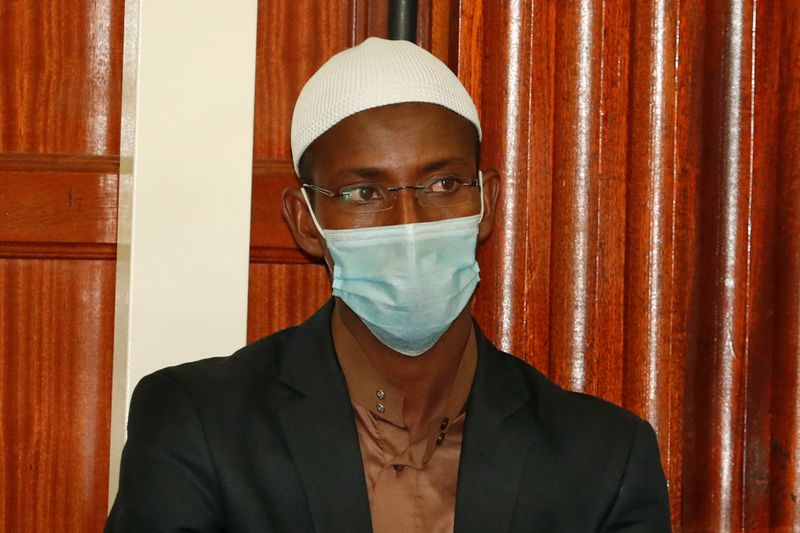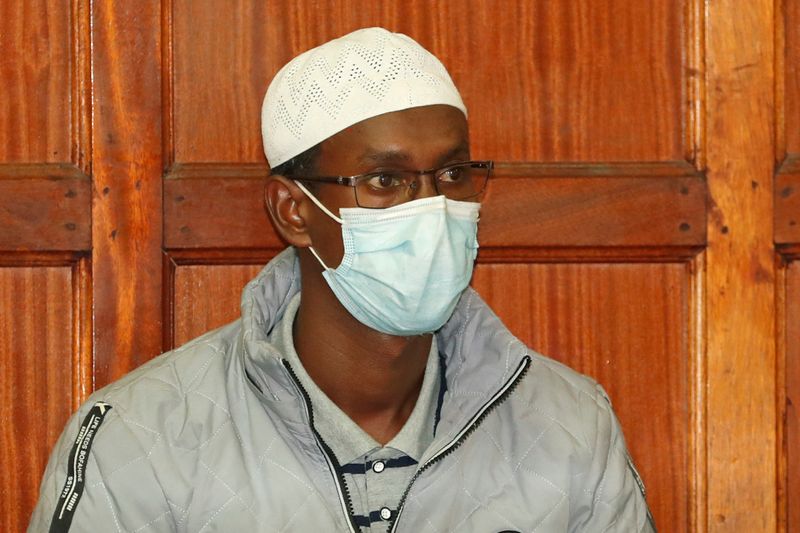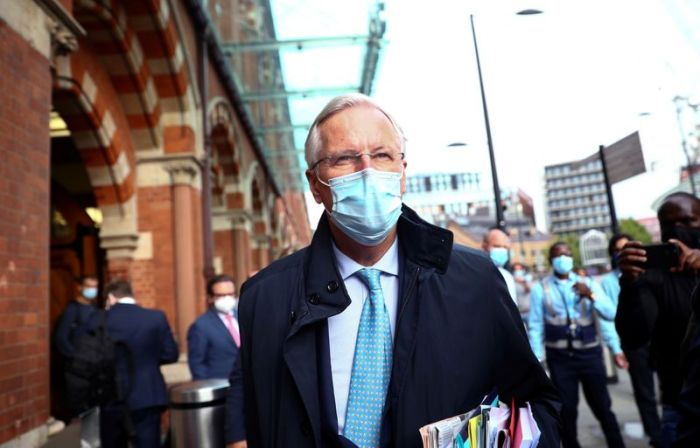NAIROBI (Reuters) – A Kenyan court convicted two men on Wednesday for helping al Qaeda-linked gunmen storm Nairobi’s Westgate shopping mall and kill at least 67 people in a 2013 assault that proved Somali militants could strike at the heart of the capital.
The attack on the upscale mall – a favourite with the country’s growing middle class and foreign workers – came two years after the East African nation sent troops into Somalia following a series of kidnappings and raids on Kenyan soil.
A third defendant, also charged under a national terrorism prevention act, was acquitted in the trial, the only prosecution Kenya mounted over the assault by Somali al Shabaab militants.
Four gunmen died during the attack in one of the most secure areas of the Kenyan capital, and it has never been proven that there were any others who escaped.
The three defendants – all ethnic Somalis, two of whom are Kenyan citizens – were accused of assisting the attackers.
“The prosecution has proved its case against the accused on charges of conspiracy of committing a terrorism act and supporting a terrorist group,” Chief Magistrate Francis Andayi said as he read the verdict.
HARROWING TESTIMONY
During his judgment, Andayi referred to harrowing testimony from witnesses: bodies slumped behind the wheels of cars whose windscreens were shattered with bullets, their engines still running, a man attending a children’s cookery event who was shot several times before he crawled under a car and passed out.
Andayi said the prosecution’s case hinged on evidence of phone communication in the months before the attack between the accused and the gunmen.
The two convicted men will be sentenced on Oct. 22. Andayi was one of four different magistrates who presided over the case over seven years; there was no jury.
The authorities’ disastrous response to the Westgate attack deeply damaged Kenya’s reputation.
Soldiers and police fired at each other during a chaotic four days and footage emerged of soldiers looting the complex amid bodies sprawled on the bloodstained floor.
The trial provided little comfort for the loved ones of victims because it shed very little light on what happened during the bloody standoff.
Years later, questions such as whether the attackers’ forensic remains were ever correctly identified remain unanswered. No one from the security forces has ever been held responsible for the pillaging of the mall.
QUESTIONS LINGER
“For as long as the authorities remain reluctant or unwilling to investigate the conduct of the security forces, questions will persist as to whether justice has indeed been served in this case regardless of how the judges decide,” Otsieno Namwaya of Human Rights Watch said.
Al Shabaab has continued to mount major attacks in Kenya, including a 2015 assault on Garissa University that left 166 people dead and a 2019 attack on a Nairobi hotel and office complex that killed 21 people. The 2019 attack was the first led by a Kenyan gunman who was not an ethnic Somali, a result of al Shabaab’s intensive efforts to recruit more foreigners.
East Africa has long been plagued by Islamist militancy. Twin attacks by al Qaeda on the U.S. embassies in Tanzania and Kenya in 1998 killed 224 people. Some of those responsible later found refuge with al Shabaab in Somalia.
(Reporting by Humphrey Malalo and George Obulutsa; Writing by Maggie Fick; Editing by Katharine Houreld and Mark Heinrich)

